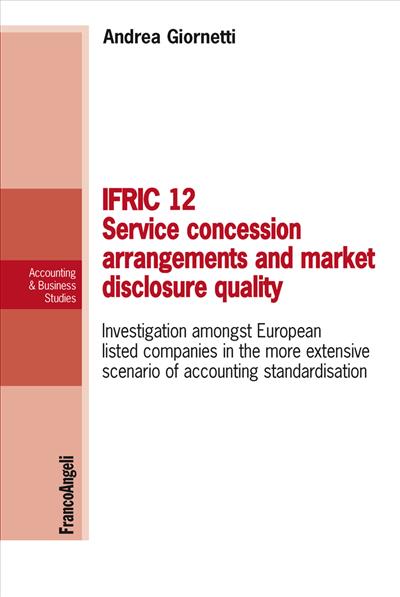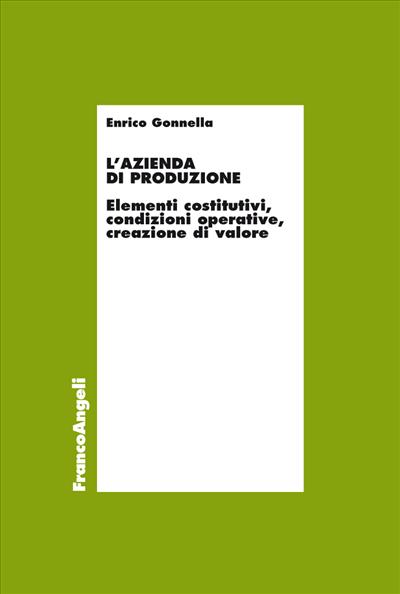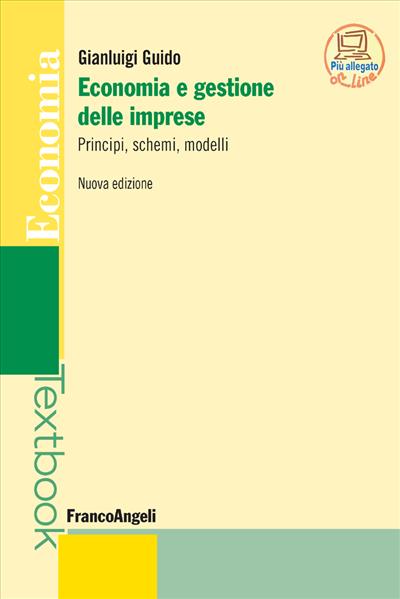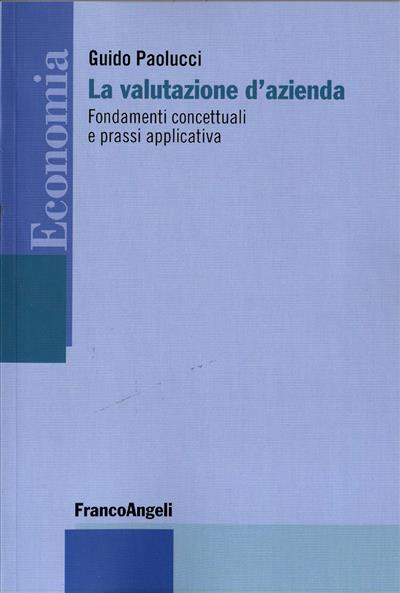
Ifric 12 service concession arrangements and market disclosure quality.
Investigation amongst European listed companies in the more extensive scenario of accounting standardisation
The growing complexity of concession arrangements has proved to be a source for problems in terms of the related accounting by operators, or at least up until the issue of IFRIC 12. The research sought to verify if the introduction into Europe of the accounting interpretation has effectively and successfully increased the level and quality of the information released to the market.
Pagine: 160
ISBN: 9788891704139
Edizione:1a edizione 2014
Codice editore: 368.4
Possibilità di stampa: No
Possibilità di copia: No
Possibilità di annotazione: Sì
Formato: PDF con DRM Readium LCP
Pagine: 160
ISBN: 9788891720498
Edizione:1a edizione 2014
Codice editore: 368.4
Possibilità di stampa: No
Possibilità di copia: No
Possibilità di annotazione: Sì
Formato: ePub con DRM Readium LCP




